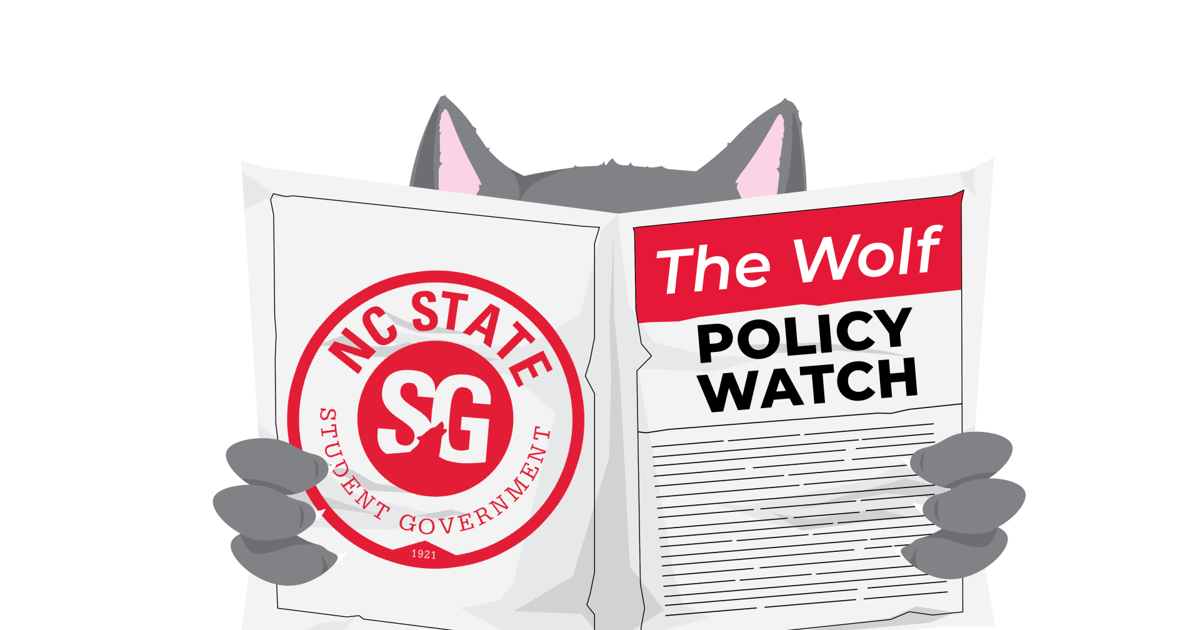
Looking around lecture halls full of open laptops, you may think everyone can find and afford a roof over their head. A study from NC State in early 2021 found that an estimated 15% of students had experienced a period of homelessness since the beginning of the pandemic, up from their 10% estimate in early 2020.
In the area surrounding NC State, homelessness persists. According to Wake County Continuum of Care’s Point in Time studies, there were 68% more unhoused people in January 2022 than in January 2021. Numbers have not yet been released for 2023.
For the fall 2022 semester, the University accepted 5,500 first-years, which is 470 more students than in fall 2021. These students get the first pick of on-campus housing options, but returning students are still in need of on-campus housing. During the housing selection process, the University received 4,262 housing applications but was only able to accept 2,875 of these returning students into rooms. Staff Columnist Skye Crawford critiqued the gaps student housing leaves during breaks, which can cause further housing insecurity.
Monthly rent and fees for the apartment complexes closest to campus are all now close to $1000 or far and above that price. There are cheaper options further from campus, but they come with added costs for on-campus parking and other transportation needs. The consequences of these prices can be dire for some students. Beyond taking on more student debt to afford housing or engaging in fewer campus activities because of a long commute, some students have to take classes without stable housing.
The University and the local government in Raleigh need to take a stand to increase the supply of affordable housing for students and Raleigh residents across the board. The student population cannot continue to expand if current students are struggling to find places to live within their budgets.
For people who are already living on the streets, Raleigh and Wake County can do more to make them safer in their terrible situation while they construct more housing. Wake County Continuum of Care helps manage Raleigh’s White Flag shelter program that opens emergency shelters when temperatures fall below 35 degrees. This temperature threshold could be raised to prevent so many cold nights outside for unhoused people.
The city of Raleigh has been working on constructing new, affordable single-family homes surrounding St. Augustine University, which is a great step in the right direction. Buyers must earn under a predetermined income limit to be eligible to live in the homes. The project could be more beneficial if they built higher density structures like homes or apartments. The project should be replicated for other universities in the Triangle, including NC State, who are all struggling to meet the demand for housing.
NC State has a program that offers temporary housing for students facing homelessness. Housing Options for Students Today (HOST) has now become an official nonprofit organization that connects students in need to community members who are willing to open their homes. The program began initially with $18,000 of grant funding from the Haskett Foundation.
While they have achieved growth since and a nonprofit certification, the program can only support up to 25 students at any given time, well under the total number of students struggling. The program is promising but is not designed to be the long-term solution to the housing problem on campus.
Students aren’t the only ones at colleges worrying about where to live, as faculty and staff struggle too. Middlebury College in Vermont bought land and is working on constructing affordable housing to help staff to live near campus that would be unable to afford market-rate housing. As of a report from WRAL in August 2021, the average price of a one-bedroom apartment in Raleigh was $1,244. With many hourly workers on campus making $12-$15 an hour, NC State is likely having the same struggles in the current market.
William Peace University, Shaw University and Wake Technical Community College all joined the University in late 2021 in the Cities Addressing the Basic Needs of Post Secondary Students Initiative sponsored by the National League of Cities. The initiative puts city and university officials in a conversation about what are the needs of students. This project shows that leadership in Raleigh’s universities and local government are willing to listen to students’ needs. What needs to happen next is more concrete action to create more housing accessible to all NC State and Raleigh communities.
Source link
